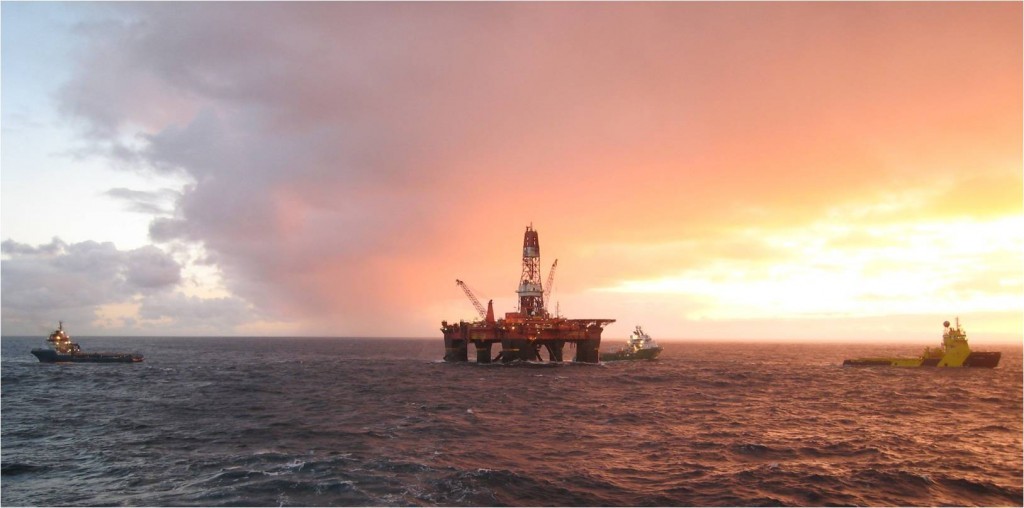
Investment in UK North Sea oil and gas projects could drop as much as 80% by 2017 as the collapse in crude prices forces the industry to cut back.
Capital investment across the industry of £14.8billion ($22.8billion) last year will probably decline by £2billion to £4billion pounds annually to 2017, Oil & Gas UK, an industry lobby group, said in its annual economic report Wednesday.
“This great industry of ours is facing very challenging times,” Deirdre Michie, Oil & Gas U.K.’s chief executive officer, said in a statement.
“Exploration for new resources has fallen to its lowest level since the 1970s” and few new projects are gaining approval from “hard-pressed” companies, she said.
The decline in crude prices of more than 50 percent over the past year has forced the oil industry to review projects and reduce operating costs. The U.K. North Sea is one of the world’s most expensive areas to operate and resources that were first tapped in the 1960s are depleted. Employment supported by the industry has shrunk by 15 percent since last year and the lobby group predicts more reductions.
“Last year, more was spent than was earned from production, a situation which has been exacerbated by the continued fall in commodity prices,” Michie said. “A continued low oil price will inevitably cause companies to reflect on the long-term viability of their assets.”
Field Shutdowns
About 140 fields will stop producing over the next five years as low oil prices accelerate decommissioning efforts in the region, Wood Mackenzie Ltd. said in a report. Five fields have already been retired earlier than expected this year and not even a rebound of prices to $85 a barrel would prevent further closures, it said.
The Edinburgh-based energy consultant expects 38 new fields will come online over the same period and another 17 new projects to be approved. Spending on decommissioning old fields will increase by over 50 percent to 2019 and overtake spending on the development of new fields the same year, it said.
Cost Reductions
The industry has become more efficient as prices declined, leading to an projected 22 percent cut in the cost of operating existing assets by the end of next year, according to Oil and Gas U.K.. Average operating cost per barrel across all fields will fall from about $26 a barrel this year to $23 by the end of 2016. Brent crude, the regional benchmark, traded at about $49 a barrel Wednesday.
Efforts to reduce costs and improve efficiency were visible last month when some oil producers reported earnings. North Sea- focused EnQuest Plc said on Aug. 19 that operating expenditure for this year was on track to come in 10% lower than 2014 at around $38 a barrel.
These efforts also resulted in “better output from many existing fields,” Mike Tholen, the industry group’s economic director, said in the statement. “We expect the rate of decline in production from those fields to slow significantly over the next two years.”
Oil output from the whole of the North Sea — which includes fields in waters off the U.K., Norway, the Netherlands, Denmark and Germany — rose in 2014 and is expected to climb again this year to almost 3 million barrels a day, according to the Paris-based International Energy Agency. The current gains are a temporary relief for an industry facing long-term decline and the IEA expects output to fall again in 2016. The U.K. has recently set up an oil regulator, the Oil & Gas Authority, to lay out a plan for improving the competitiveness of the North Sea.
Recommended for you
